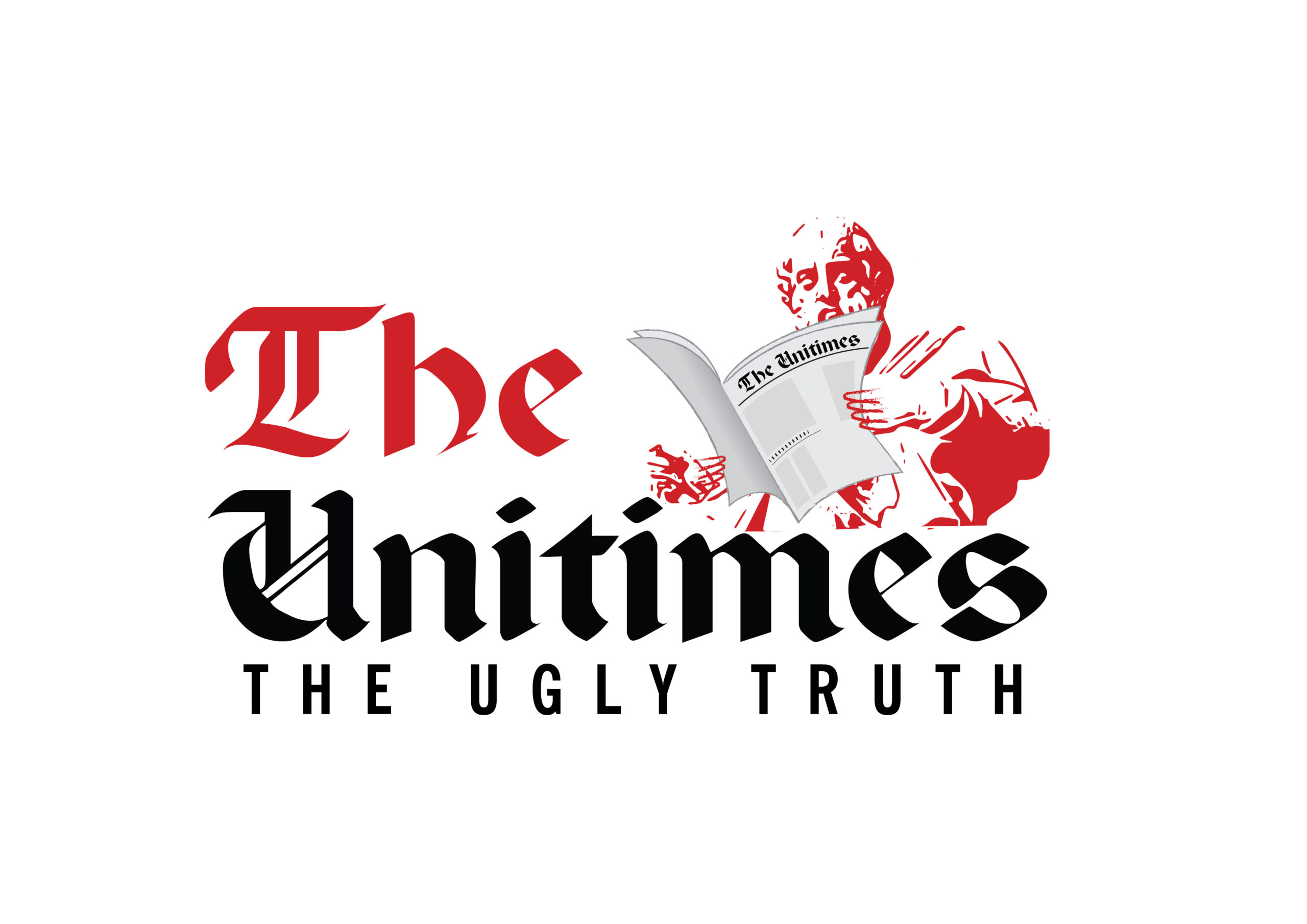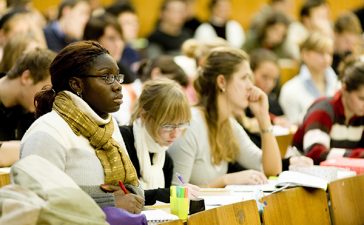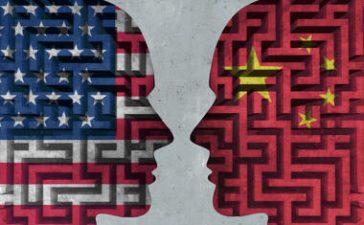With apologies and accolades to Ronald J Daniels, president of Johns Hopkins University, whose 2021 book title, What Universities Owe Democracy, I borrowed in altered form.
I completely agree with his claim that universities (including colleges and community colleges in the United States) are inextricably bound into the fabric of society and have a duty to society.
I also agree that democracy is under threat in the world.
However, this article and project goes beyond the book to include digital technologies as a cause and enabler of the threat to democracy and even further beyond to say that universities must re-shape society to create a sustainable human civilisation in the face of climate disaster.
Losing democracy is scary enough in the largest economy in the world, but losing human civilisation, as we may well do in this century, is way beyond scary.
When I last wrote in University World News in early 2020, we had not yet experienced the pandemic nor the global disruption from a virus made more likely to appear because of the mass extinction of species resulting from climate change.
So now, with much more evidence of the scope of climate disaster, of how easily civilisation can be brought to a halt, how fragile our global supply chains are, how easily some countries can collapse and much more, nearly two years later, I see the need for a much more ambitious call to global higher education’s 25,000+ institutions to create a sustainable human civilisation.
Creating a sustainable human civilisation
The article in early 2020 gained some currency and, coincidentally, awareness of higher education’s potential role in ‘saving humanity’ has increased, so with this writing I can challenge higher education to commit not just 10% of students to a re-designed mission as I did in 2020, but 100%. The mission is to create a sustainable human civilisation.
Readers of this publication are familiar with the climate disaster – floods, fires, rising sea level, drought, famine, water scarcity, heat waves – but may not know what to do to respond to the disaster.
Governments will move our civilisation to renewable energy sources – albeit too slowly and unevenly and without sufficient policies to speed it along, as we are seeing in the run-up to the UN climate summit, COP 26, next week – but only higher education can create a sustainable society.
Almost all higher education institutions began, with few exceptions, during the industrial age, and have become, to put it baldly, a feeder system for industry. This has been true for so long that it is hard to see. Our education, primary, secondary and post-secondary, is all geared to the needs and perceptions of the industrial age – relatively stable knowledge, growth without regard to consequences, the pursuit of individual wealth and no need to question the assembly line model of education.
In a time of stable knowledge, teach; in a time of rapidly changing knowledge, learn. This simple precept sums up the challenge to higher education: move from ‘teach’ – implying lecture and textbooks – to ‘learning’.
Design learning experiences in which students learn without the teacher always being at the centre and use the evolutionary learning strength of humans – social learning, moving beyond the concept of ‘the individual’ (which may be complicit in the current weakening of democracy).
Psychological nomads
Another evolutionary learning strength of humans is our ability to specialise in any habitat and then generalise what we learned in that habitat when we move to a new habitat: we humans have always been nomadic, for millions of years, only ‘settling down’ 10,000 years ago with agriculture.
We are not moving from place to place as nomads any longer, but now the ‘places’ (situations) move while we remain physically stationary as if we are still nomadic – we have become psychological nomads in the digital age.
But higher education is highly specialised and acts as if we are not psychological nomads. We must value not just disciplinary specialisation (still necessary, of course) but interdisciplinary generalisation.
Tenure and promotion must follow suit: faculty who create interdisciplinary courses or courses of study must be valued equally to those who provide incremental advances in a niche part of a discipline.
Universities must agree globally that their main mission – and state this in their mission statements – is to create a sustainable human civilisation.
Universities must take up this responsibility immediately. I am sharing thoughts about this project, called ‘The Last Humans Project’ for now, with Randy Bass, Bryan Alexander, author of the forthcoming book Universities on Fire, and Phillip Long, all from Georgetown University. With a partner I am ramping up the project I announced two years ago to provide guidance to higher education as it takes on its most important mission ever.
Say goodbye to the industrial era
In Maori culture, the terms mana, tapu and mauri are used to describe how to be ‘people of the land’, which is what we all need to become once again. Mana refers to an extraordinary power, essence or presence. This applies to the energies and presences of the natural world.
Certain restrictions, disciplines and commitments have to take place if mana is to be expressed in physical form, such as in a person or object. The concepts of sacredness, restriction and disciplines fall under the term tapu.
Mauri is an energy which binds and animates all things in the physical world. Without mauri, mana cannot flow into a person or object.
The industrial era – say 1780 to 1945 – is a brief anomaly in human evolutionary history when we fell under the delusion that we owned the earth. We can look to indigenous thinking, such as in these references to Maori philosophy, to return us to how humans saw the earth for 99.99% of our human history.
Using these sacred ideas to remind us of our human heritage, we can create a sustainable civilisation through higher education and we can survive this century.







